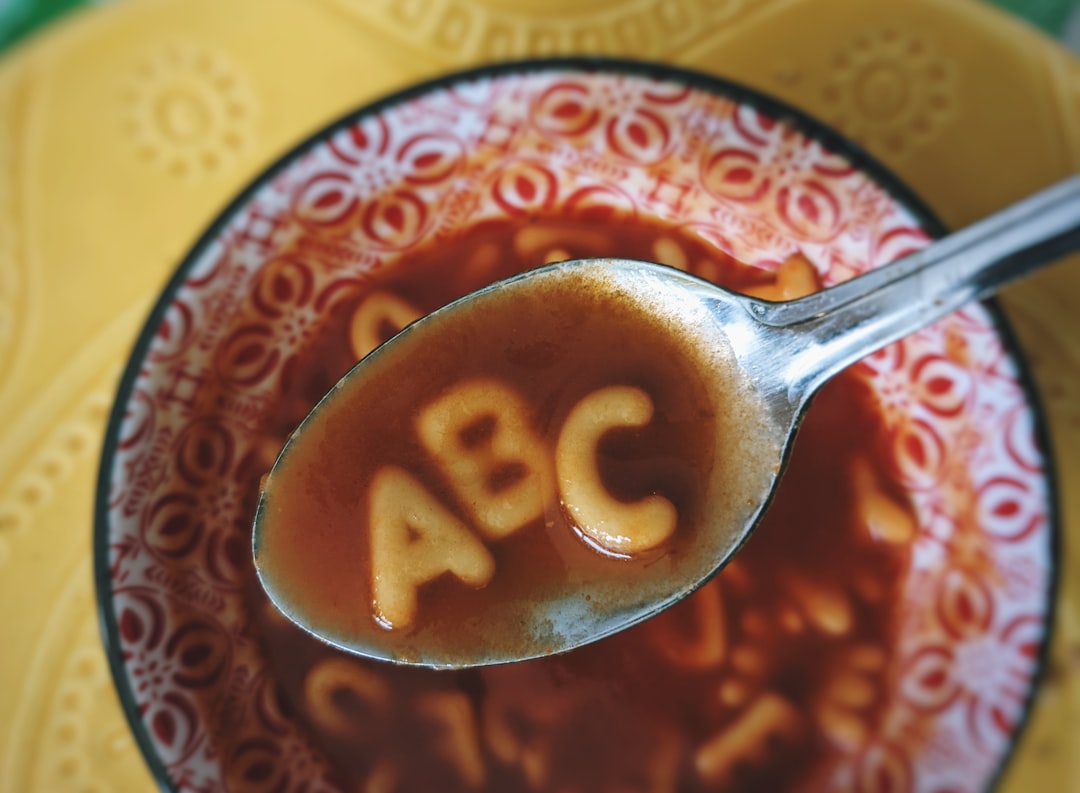What is it about?
We examined whether single nucleotide polymorphisms (SNPs) in SPP1 gene are associated with risk of calcium oxalate urolithiasis (COU). We genotyped nine known SNPs in SPP1 gene (rs11739060, rs28357094, rs2728127, rs11730582, rs1126772, rs9138, rs2853744, rs4754=p.Asp80Asp, and rs1126616=p.Ala236Ala).
Featured Image

Photo by Mathieu Turle on Unsplash
Why is it important?
Urolithiasis is a worldwide problem and affects almost all races, ethnicities and populations. The reported prevalence rate in developed countries is between 4 and 20 %. In Iran, the reported prevalence rate is 5.7 % (6.1 % in males and 5.3 % in females). Urolithiasis is a multi-factorial disease affected by environmental, hormonal, and genetic factors. A positive family history is a well-known risk factor for urinary stone disease. Indeed urolithiasis is a polygenic disorder with partial penetrance . The most common type of kidney stone is calcium oxalate monohydrate (COM). Osteopontin (OPN) plays an important role in oxalate stone formation. OPN is a potent inhibitor of COM growth, stimulates the formation of calcium oxalate dihydrate (COD), and inhibits the aggregation of COM crystals . In addition, OPN is among the principal component of the organic matrix of oxalate containing urinary stones. COM stones include about 800 microgram osteopontin per 100 mg stone.
Perspectives
The fact that the prevalence of urolithiasis varies significantly across the world, may mean the possibility of distinct genetic polymorphism distributions in different genetic backgrounds. The reported prevalence of nephrolithiasis in Iran (5.7 %) is lower than the reported rate of 7 % in Japan and 8 % in the USA, but higher than prevalence rate of 4.7 % in Germany and 3.5 % in Korea. It may imply regional and ethnical factors, particularly in the setting of the possible presence of eating, drinking, social, cultural, climate and racial differences. Because OPN has a crucial role in stone formation, polymorphism in the gene controlling the synthesis of OPN might affect significantly the risk of stone formation. In our study, polymorphisms with increased risk for developing COU were associated with lower serum OPN levels.
Dr Mohammad Reza Safarinejad
University of Medical Sceices
Read the Original
This page is a summary of: Association between polymorphisms in osteopontin gene (SPP1) and first episode calcium oxalate urolithiasis, Urolithiasis, June 2013, Springer Science + Business Media,
DOI: 10.1007/s00240-013-0582-7.
You can read the full text:
Resources
Contributors
The following have contributed to this page










